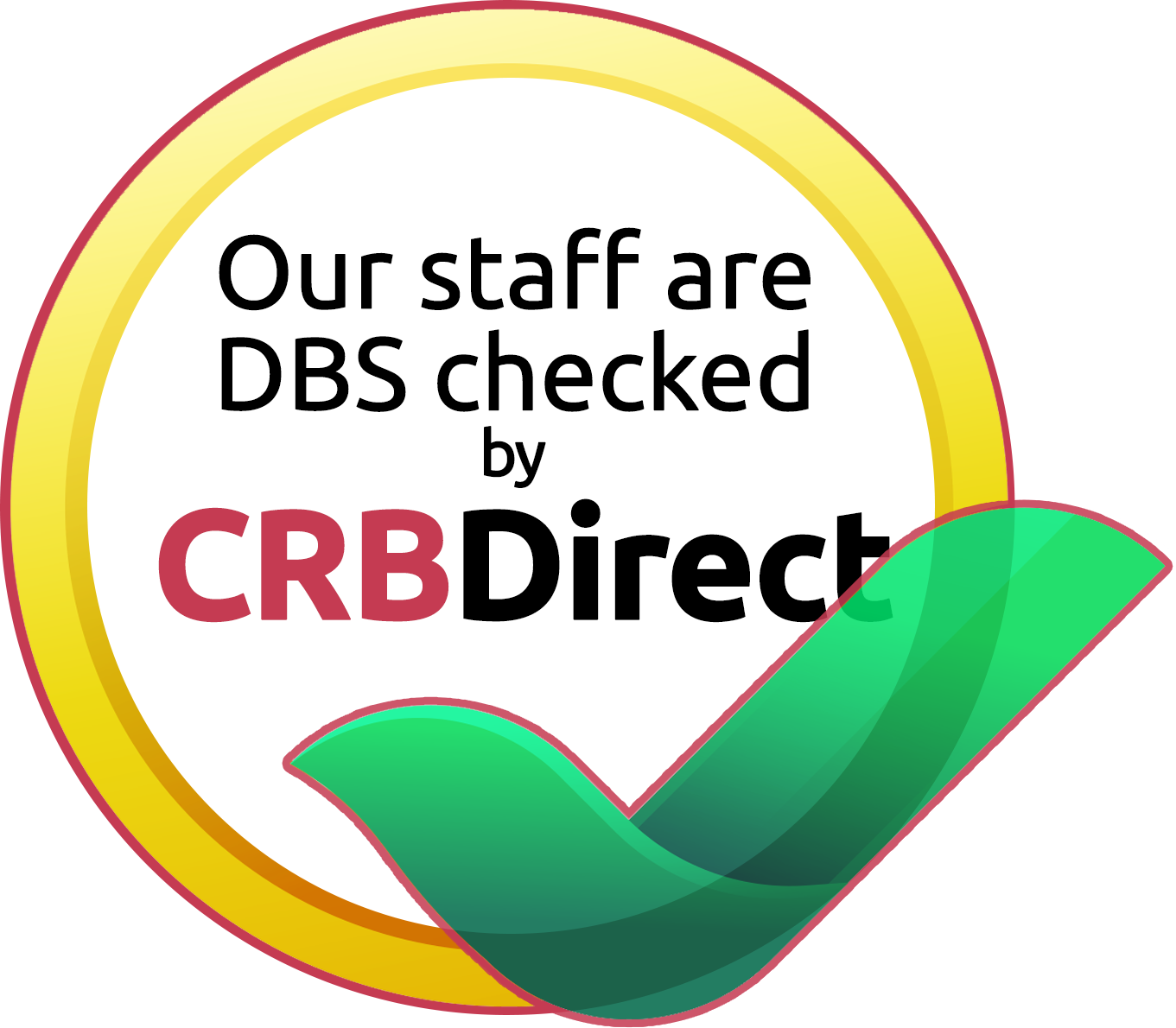It’s not just the big household names charities which use volunteers. Up and down the UK, there’s a whole army of volunteers doing everything from hearing kids read at school to befriending old people in care homes. Each organisation usually has their own policies for recruiting volunteers. Recent guidelines have tried to pull together various pieces of advice, and come up with the gold standard.
Be clear about why you’re recruiting volunteers
 Any volunteer policy should go right back to the basics. Why are we using volunteers? What can we offer them? And more importantly, what can they do for us? Volunteers are a valuable resource and shouldn’t be used to try to cut labour costs. Volunteers are free to give as little or as much as they want. Many don’t want to commit to a full-time position, and so relying on volunteers for the smooth running of your business isn’t wise. In an ideal world, volunteers do the “extras” you might not have time for, help out at peak periods or events. It’s also a good idea to have more people than the bare minimum, to cover when people are off sick or on holiday.
Any volunteer policy should go right back to the basics. Why are we using volunteers? What can we offer them? And more importantly, what can they do for us? Volunteers are a valuable resource and shouldn’t be used to try to cut labour costs. Volunteers are free to give as little or as much as they want. Many don’t want to commit to a full-time position, and so relying on volunteers for the smooth running of your business isn’t wise. In an ideal world, volunteers do the “extras” you might not have time for, help out at peak periods or events. It’s also a good idea to have more people than the bare minimum, to cover when people are off sick or on holiday.
Volunteer Agreement
Work contracts might not be appropriate for volunteers, but best practice advice is to use volunteer agreements. There are lots of sample agreements online which can be tweaked to your requirements. A volunteer agreement sets out what is expected of the volunteer. It also sets out policies for claiming expenses, what training is provided and who the volunteer reports too. Give the volunteer a copy of the agreement to take home.
References and DBS Checks
Most volunteers are decent and honest people who just want to give something back to their community. It’s important to weed out the minority who are not though. Guidelines advise that references be checked for all volunteers. Unlike a job reference, volunteers often provide a character reference instead. Try to call the referees and get their opinion over the phone. You might also choose to run DBS checks on volunteers. This will depend on what they are going to be doing. There’s usually no cost for a DBS check for a volunteer, and they apply for a DBS check in exactly the same way as any other worker.
Volunteers and Insurance
The other thing to consider is whether your company insurance covers volunteers. Some policies do, some don’t. Check with your insurer or broker rather than assuming. Companies should check that their liability policies cover any volunteer giving advice or doing jobs on their behalf. You should also check that volunteers are covered for accidents on-site. There’s a grey area between the definition of “employee” and “volunteer” when it comes to insurance. Always err on the side of caution. If you need special insurance due to the number of volunteers in the organisation, look for a policy from one of the specialist charity insurers.
And finally – remember to thank your volunteers for their hard work. Let them know how much you appreciate their efforts.
